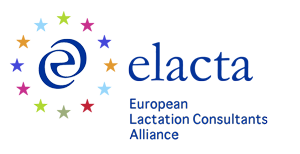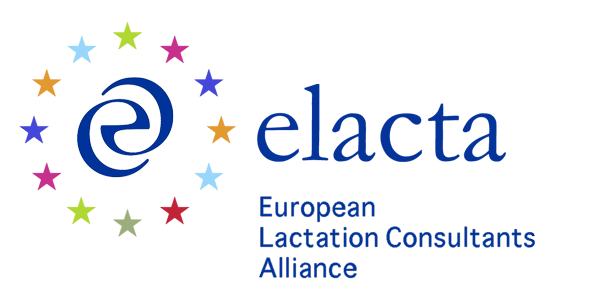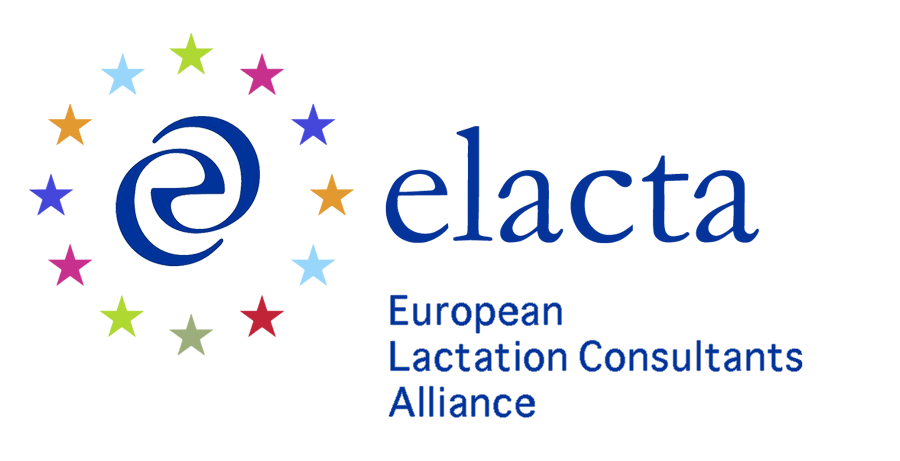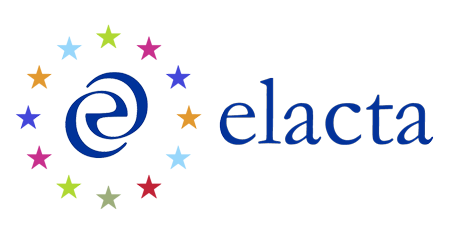In recent times we all feel the impact of the climate change, caused by global warming. Consequences are an increase in typhoons, tropical storms, flooding and forest fires. The 2018 WHO report states that “climate change increases death from malnutrition, diarrhoea and heat stress”1.
Governments and policy makers often ignore the huge importance of breastfeeding in safe- guarding the environment.
Breastfeeding is ecological, compared to formula feeding. Breastfeeding provides a healthy, viable, non-polluting, non-resource-intensive, sustainable and natural resource of nutrition and sustenance.2
 Breastfeeding is the most economical and environmentally friendly way to feed an infant, producing zero garbage, minimal greenhouse gases (GHG), and negligible water footprint.3 While on one hand breastfeeding requires mothers to consume a small amount of additional calories, on the other hand it generally does not require containers, paper, or fuel for preparation, and no transportation to deliver, and it reduces the carbon footprint by saving precious global resources and energy4. Breastfeeding safeguards infant health and is vital for survival in emergencies, in weather related disasters caused by global warming, and helps to mitigate the severity of impacts on vulnerable population2.
Breastfeeding is the most economical and environmentally friendly way to feed an infant, producing zero garbage, minimal greenhouse gases (GHG), and negligible water footprint.3 While on one hand breastfeeding requires mothers to consume a small amount of additional calories, on the other hand it generally does not require containers, paper, or fuel for preparation, and no transportation to deliver, and it reduces the carbon footprint by saving precious global resources and energy4. Breastfeeding safeguards infant health and is vital for survival in emergencies, in weather related disasters caused by global warming, and helps to mitigate the severity of impacts on vulnerable population2.
Breastfeeding entails less water, less waste and less energy, compared to formula production. Industrial formula production and distribution are damaging the environment, lead to waste pollutes, need energy to manufacture, need materials for packaging, fuel for transport, water and fuel for daily preparation. Most formulas are based on cows` milk, with the dairy industry wasting land and resources and contributing to the pollution of the environment. Follow-up milks and milk-based cereal foods are ultra-processed and are even more pollutant than infant formulas, producing higher Green House Gases. All these foods are unsustainable, but heavily promoted by the billion-dollar formula and dairy industries.
Bottles, teats, pumps, packages for infant food, most of which are made of plastic, are predominantly not biodegradable, polluting rivers and oceans. Their production means exploiting energy sources and leaving a large carbon footprint. Water, bottles and teats need to be sterilized… and the energy used for these processes usually comes from polluting nuclear and conventional power stations5.
How a mother feeds her baby also affects our planet and its climate3. Breastfeeding has no environmental costs6. Breastfeeding saves lives, healthcare costs and money in all countries, rich and poor alike.6 As the marketing of infant formula leads to increased use of formula products around the world, the environmental cost will continue to grow alongside the burgeoning industry7. Professor J. Smith* says: “It is now time to start talking seriously about how reducing the unnecessary promotion, use and societal costs of formula milk feeding can help tackle the greatest challenge humanity has ever faced, sustaining Mother Earth”8. Breastfeeding and human milk’s contribution to environmental sustainability and food security year-round should be considered in climate-smart development goals at national and global levels9.
Hardly any country in the world meets the recommended standards for economic investment and implementation of policies supporting mothers to breastfeed10.
Communities, governments and society at large all have a vital role to play in implementing concrete actions to support mothers and their families at the very start of their child’s life3.
The importance of exclusive breastfeeding for at last six month, as well as early infant and young child nutrition has been recognised in global strategies fully endorsed by the EU Council.
The 2019 document “Green Feeding Europe” represents a collaborative effort of IBFAN, GIFA and WBTi in order to inform and involve European Green Parties to take into account the Infant and young child feeding (IYCF) in their environmental programs. Green Feeding describes optimal and sustainable infant and young child feeding practices that protect the health of infants, young children and their mothers, as well as the environment of our planet – Mother Earth3. The document suggests actions regarding Green Feeding, to be included in policies and programmes of every European country.
You can find all the validated versions of documents on Green Feeding at the GIFA website page, which is regularly updated.
https://www.gifa.org/internati
* Julie Smith is an Professor (Associate) at the Australian National University..
References
- World Health Organization. 2018. Report on Food Safety, Climate Change and the Role of WHO: http://www.who.int/foodsafety/_Climate_Change.pd
- Breastfeeding & Sustainable Development;WABA has made links between breastfeeding and each of the Sustainable Development Goals SDGs); http://waba.org.my/
- Green Feeding Document 2019; 2019 Green Feeding Europe
- The Surgeon General’s Call to Action to Support Breastfeeding. Office of the Surgeon General (US); Centres for Disease Control and Prevention (US); Office on Women’s Health (US).Rockville (MD): Office of the Surgeon General (US); 2011.NCBI
- WABA Activity Sheet 1; Andrew Radford of Baby Milk Action for the World Alliance for Breastfeeding Action (WABA).
- New Lancet Breastfeeding Series is a call to action By Sarah Chapman; January 29, 2016; Evidently Cochrane
- No One Is Talking About The Environmental Impacts of The Baby Formula Industry; Carly Cassella, Science Alert, Politics & Society; 17 JUL 2018
- Smith,The carbon footprint of infant milk formula, Nurse Uncut Editor – November 11, 2016
- Why invest, and what it will take to improve breastfeeding practices?– Nigel C Rollins, Nita Bhandari, Nemat Hajeebhoy, Susan Horton, Chessa K Lutter, Jose C Martines, Ellen G Piwoz, Linda M Richter, Cesar G Victora, on behalf of The Lancet Breastfeeding Series Group* , January 29, 2016
- Breastfeeding: a missed opportunity for global health,The Lancet,Published: 05 August 2017





